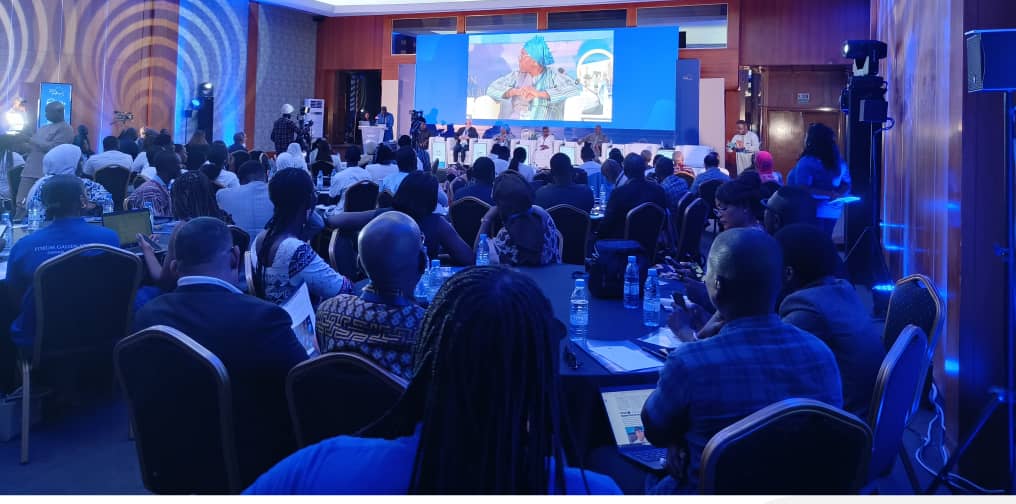Empowering Women in research and development has been identified as a major catalyst for advancing gender equality and unlocking Africa’s innovative potential.
This were part of recommendations for an Enhanced Role of African Women in Climate and Environmental Crises by participants of the women’s forum during the 7th Galien Africa Forum held at Dakar Senegal.
The gathering enabled participants to reflect on concrete solutions to increase the influence and impact of African women in addressing climate and environmental challenges.
Participants recommended increased professionalization of their participation and enhanced community engagement to support sustainable changes from childhood.
Speaking on women in STEM fields, it was noted that they are increasingly accessing leadership positions in environmental organizations and governmental institutions.
“Through their networks, they strengthen the exchange of best practices, thus broadening their impact and promoting inclusive and sustainable policies”
Other recommendations focused attention on equity and gender where experts emphasized the need to fully integrate gender equality into climate crisis response strategies in Africa.
“ While women contribute significantly to natural resource management, they remain the most affected by climate impacts due to socio-economic inequalities”
Other recommendations focused attention on equity and gender where experts emphasized the need to fully integrate gender equality into climate crisis response strategies in Africa.
“ While women contribute significantly to natural resource management, they remain the most affected by climate impacts due to socio-economic inequalities”
“To effectively tackle current challenges, we must prioritize expanding access to resources, education, and leadership roles”
However discussions highlighted Africa’s urgent dual challenges: climate change and the critical need for access to quality medicines.
“It is essential to recognize that global warming disrupts pharmaceutical supply chains, complicating access to vital medicines for millions of Africans”
“ We recommend a strong commitment to achieving pharmaceutical autonomy in Africa while strictly adhering to international quality standards”
Regarding the follow-up to COP28, it is crucial for African countries to integrate COP28 recommendations into their national policies seamlessly, ensuring that health and climate initiatives are tailored to the continent’s specific needs.
“We must implement affirmative action measures in STEM education to support this goal though education and training to significantly increase women’s participation in these vital fields”
It Is clear that education and mindset shifts are necessary for this transformative agenda and as central elements for genuine transformation.
The establishment of an air quality bulletin, creation of interdisciplinary working groups, and revision of role distribution within communities were proposed to strengthen African women’s resilience to environmental crises.
The forum’s recommendations will be shared with decision-makers and technical partners to transform these ideas into concrete actions for a more resilient and inclusive Africa in the face of climate challenges.
The synthesis of workshops and debates, presented by Dr. Cissoko Beye, Coordinator of the Permanent Secretariat of the Forum and the Galien Africa Prize, highlighted six essential sub-themes.
The debates highlighted the major challenges women face in these areas, as well as strategies to overcome these obstacles and promote their effective involvement.
The first session on women’s leadership emphasized the crucial contribution of women in combating climate and environmental crises in Africa.
Although they are often on the front lines facing the impacts of climate change, women remain invisible and undervalued.
The Galien Forum Africa is a platform of excellence dedicated to innovation and research in healthcare. It brings together global leaders and experts to promote sustainable solutions to public health challenges in Africa
